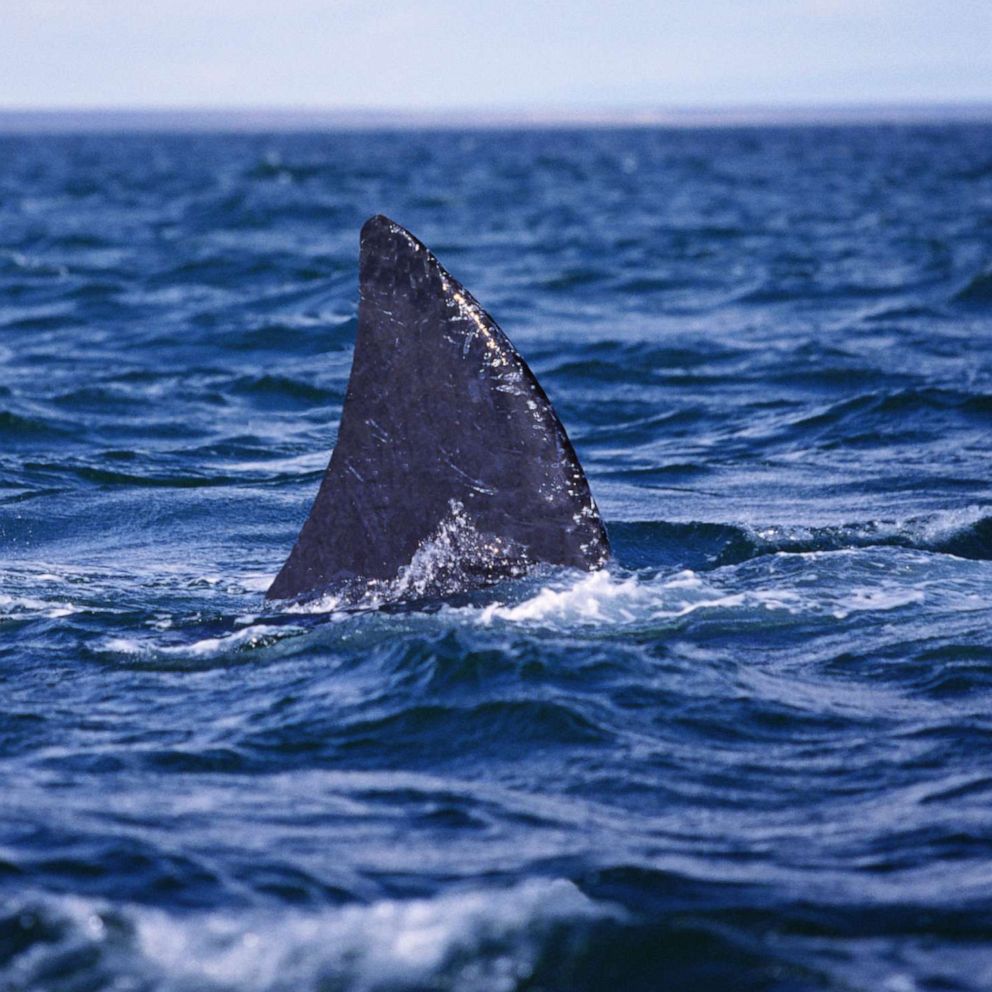Why Gerard Depardieu Movies Have Been Banned From Theaters, TV
Gerard Depardieu's coziness with Vladimir Putin will cost him at the box office.
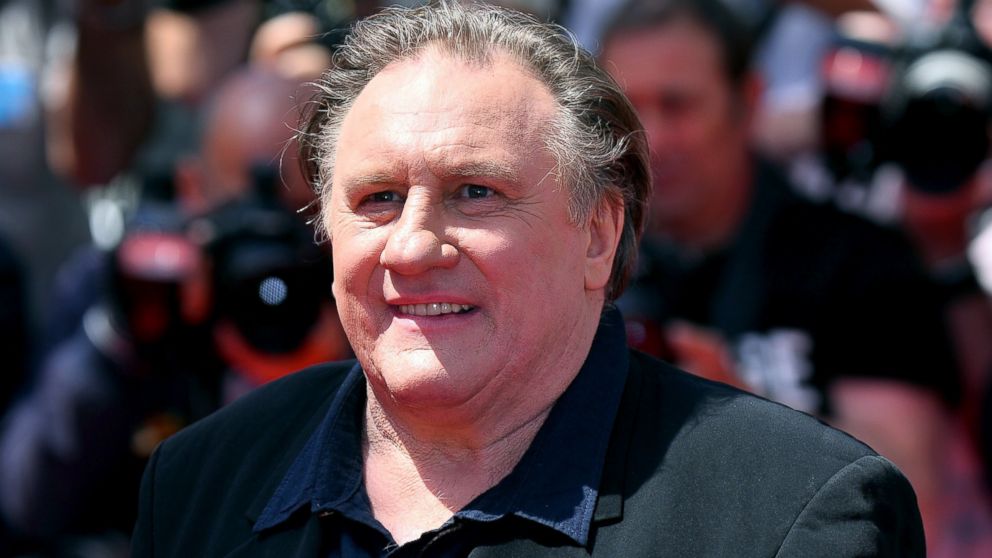
— -- Donald Trump speaks his mind with the best of them, but another conservative has done The Donald one better with a history of political incorrectness that has resulted in him and his work being banned from an entire country.
The dozens of popular and critically acclaimed movies of French film star Gerard Depardieu have been banned from TV and movie theaters in Ukraine, blacklisted together with 13 famed artists and performers from neighboring Russia. He is a household name in Ukraine for films such as “Cyrano de Bergerac” and “Green Card.”
Character-actor Depardieu, 66, has made a public spectacle of cuddling with Russian President Vladimir Putin, dancing with Chechen regional leader Ramzan Kadyrov and socializing with Belorussia's widely despised President Aleksander Lukashenko.
Depardieu was granted Russian citizenship by President Putin in January 2013 after leaving France to avoid paying higher taxes.
“Yes, he is a threat to national security due to his imprudent comments on Ukraine's integrity and close relations with Kremlin and with the Russian president, in particular,” Dasha Gluschenko, spokeswoman for Ukrainian Ministry of Culture, told ABC News.
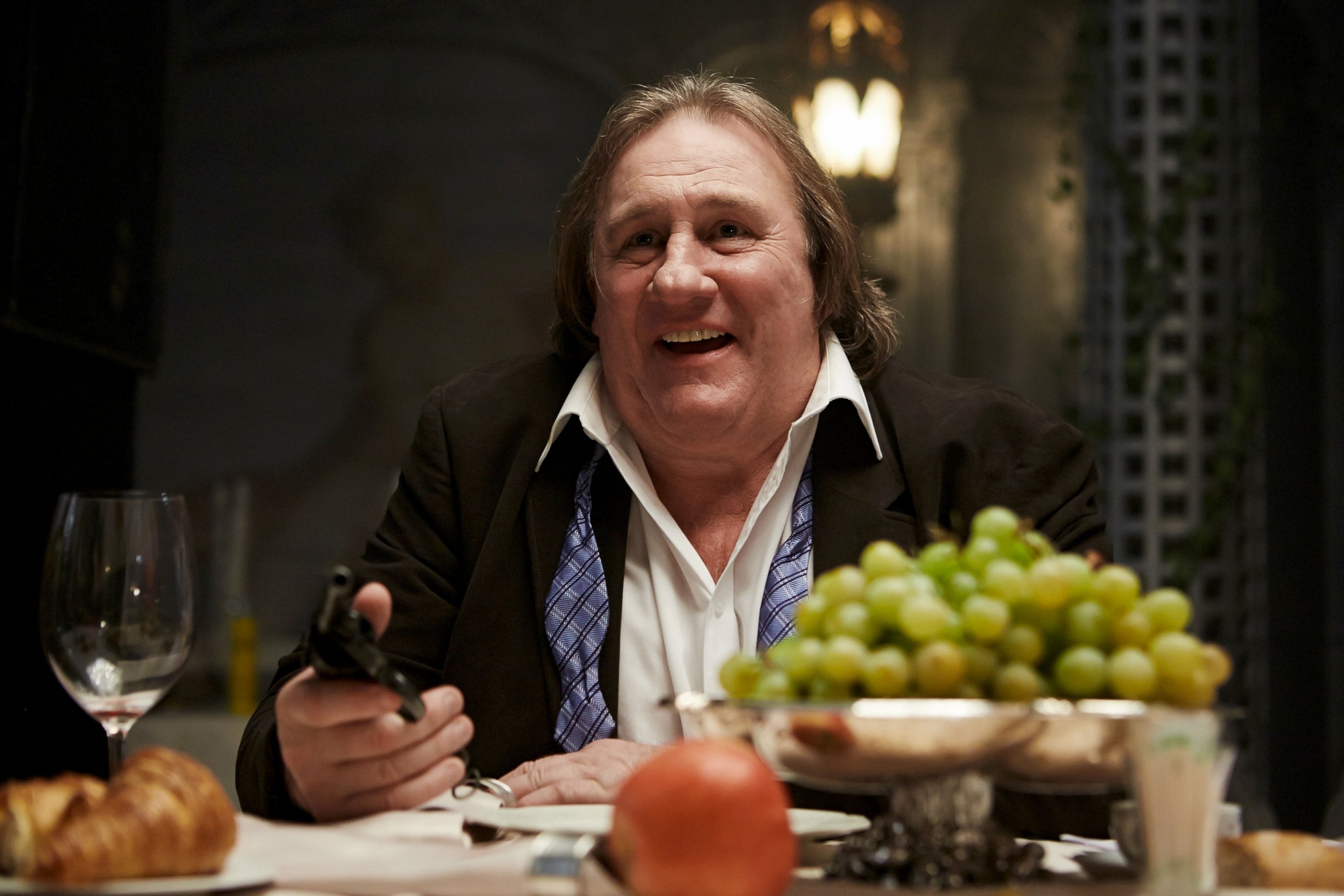
Oleg Vergelis, a well-known Ukrainian theater and movie critic “categorically disagrees with Depardieu’s political acts as unbalanced and offending, especially in the tragic times of turbulence and war, when artists should be above politics.”
But he said he is saddened that his high-quality work will be taken away from Ukrainians, who have resisted Russia's meddling ever since they approved independence from a disintegrating Soviet Union in 1991.
Tatyana Rymarenko, a film fan from Kiev, said, “Banning something in art and culture is always useless and no one benefits from such actions. Depardieu’s political comments should not be mixed with artistic talent, and none of his films have any connection to the sad Ukraine events.”
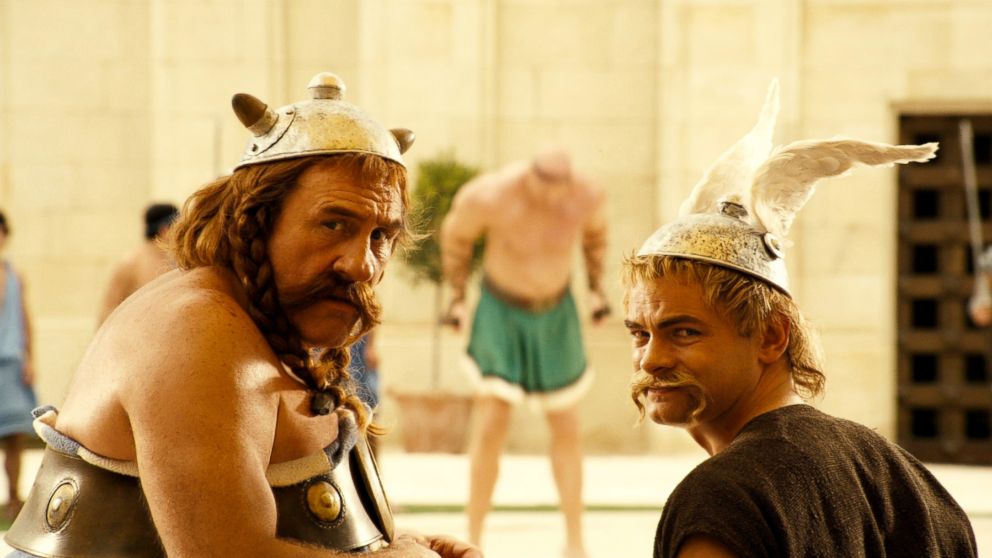
The culture ministry said the blacklist had been drawn up at the request of Ukraine’s SBU security service.
Depardieu, who lives at No. 1 Democracy St. in the Russian city of Saransk, about 400 miles southeast of Moscow, was banned last month from entering Ukraine for five years, apparently after questioning its right to exist as an independent state.
At a film festival in Riga, Latvia, in August 2014, after Russia’s annexation of Crimea, Depardieu declared: “I love Russia and Ukraine, which is part of Russia.”
Depardieu has also praised his friend Putin as a “strong leader.”
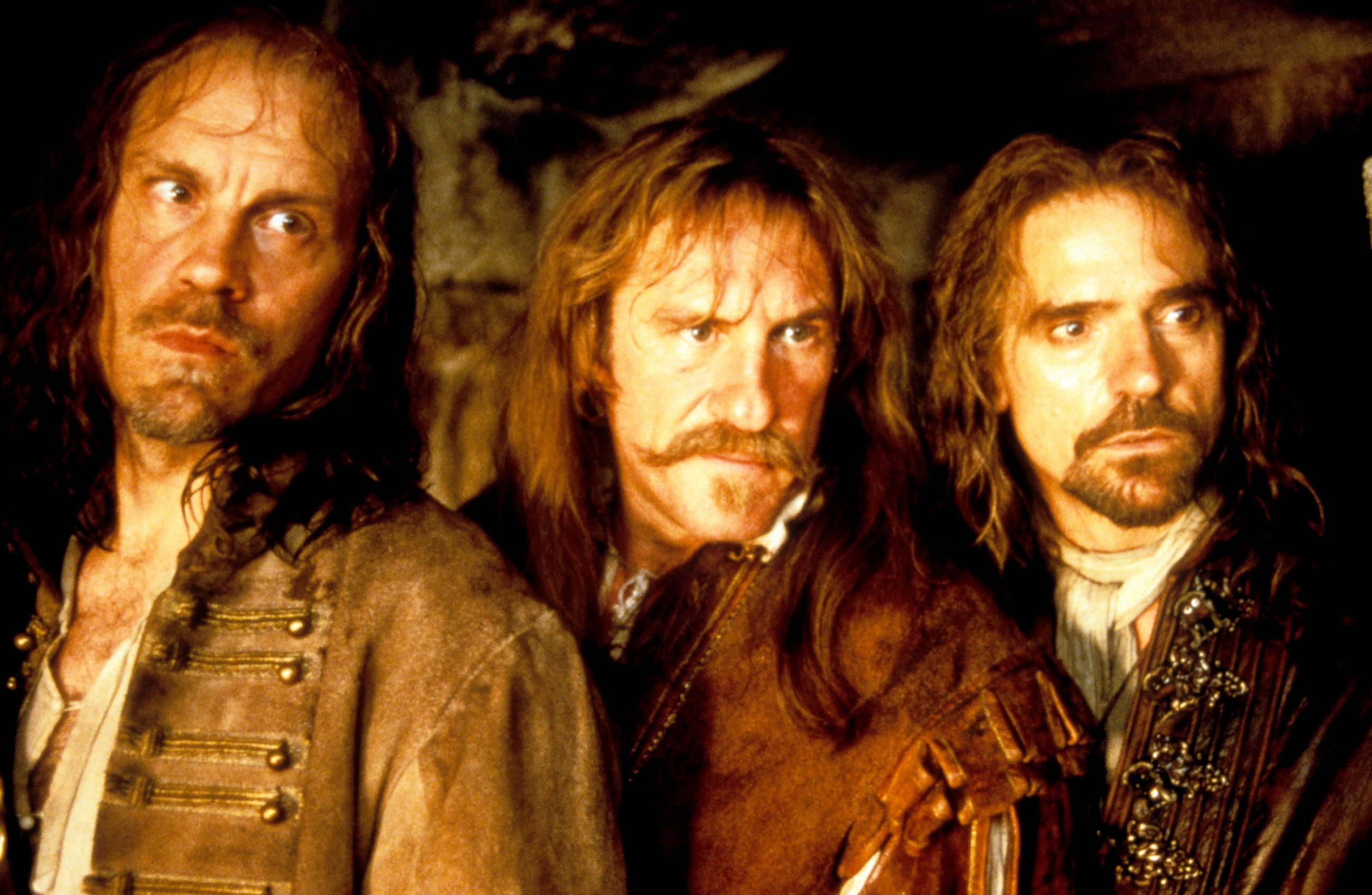
He has not commented on the decision to blacklist his films in Ukraine, and he could not be reached for comment by ABC News.
Notable Russian artists on Ukraine's blacklist include the Soviet-era singer Iosef Kobzon, known as Russia’s Frank Sinatra, who last year performed in rebel-held Donetsk, and Soviet and Russian star actor and singer Mikhail Boyarsky, best known for his role of D’Artagnan in the 1978 musical film “D’Artagnan and Three Musketeers.”



